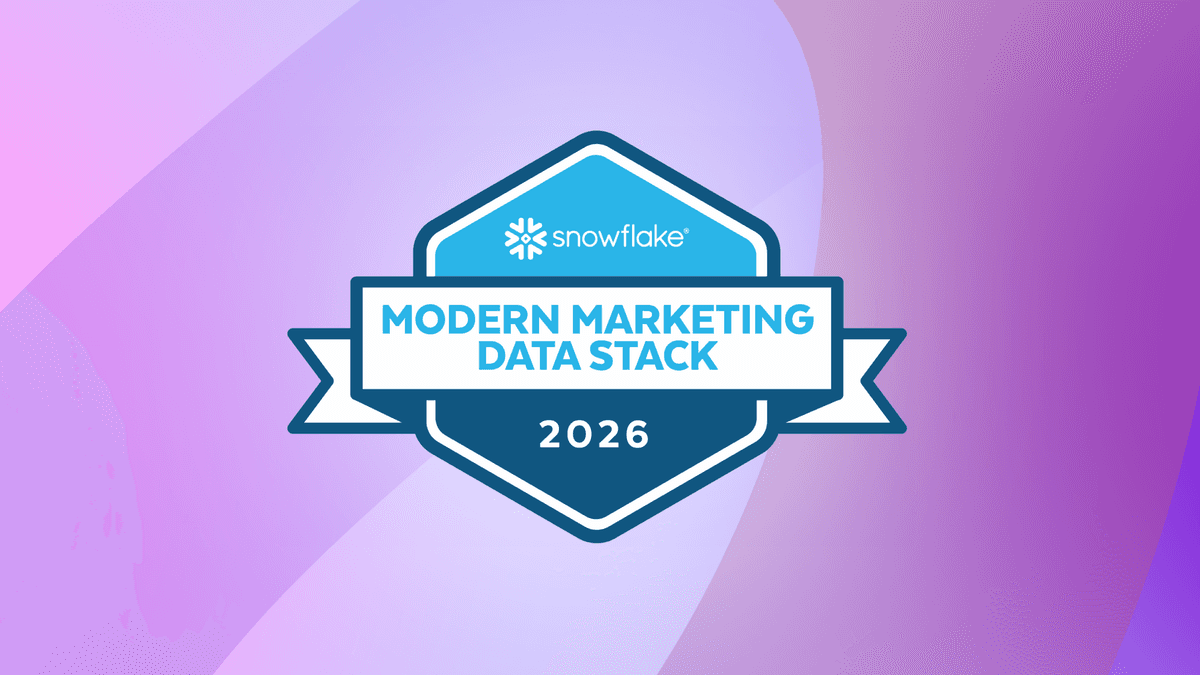Exploring the Value of SDKs: Elevating Customer Engagement
Published on November 27, 2023/Last edited on November 27, 2023/7 min read

Published on November 27, 2023/Last edited on November 27, 2023/7 min read


In the always-evolving customer engagement landscape, there's one constant: The ongoing debate surrounding software development kits (SDKs). Historically, technical stakeholders have tended to question whether integrating SDKs into their mobile apps, websites, and other digital platforms was worth the work and perceived challenges associated with adding third-party code, while marketers have argued that the data collection and messaging capabilities these tools can unlock made them a must-have. But in recent years, the rise of modern, efficient SDKs has begun to change the equation, revealing SDKs as indispensable tools that unlock capabilities that brands need to stay competitive.
To better understand SDKs and their value, let’s take a closer look at how they operate, challenge some common misconceptions, and explore how they can transform your customer experience—without weighing down your platform or team.
Before we can appreciate the value of SDKs, let's demystify what they are and how they function. An SDK, or Software Development Kit, is a collection of pre-written code modules, tools, and documentation that software developers can use to create applications for specific platforms. In simpler terms, it's like having a toolbox filled with ready-made tools to build a house instead of crafting each tool from scratch. SDKs save time, effort, and, most importantly, ensure compatibility with the platform they are designed for.
The complicated reputation that surrounds SDKs often stems from concerns about performance and app bloat. Skeptics argue that integrating an SDK can result in slower app performance and a larger app size, potentially driving users away. While these concerns can be valid under some circumstances, they aren’t universal issues and shouldn’t overshadow the immense value that SDKs can bring to the table.
To dig deeper, let’s myth-bust some common worries that some people hold when it comes to integrating SDKs.
The Reality: Integrations may seem simpler without SDKs initially, but they often involve significant custom development to achieve the same functionality that an SDK can offer out of the box. SDKs are designed to streamline integration, which can save time and effort. They provide well-documented APIs and pre-built functions, which can reduce the need for extensive custom coding.
The Reality: While it's true that some SDKs increase the size of your app, the trade-off is access to powerful features and capabilities. Modern SDKs are developed with efficiency in mind, and many allow you to choose which components to include, minimizing the impact on app size. The value they can bring in terms of customer engagement should outweigh any size increase. For example, the Braze Web SDK automatically removes unused code in order to reduce its size, using a technique called "tree-shaking".
The Reality: Security concerns are valid, but reputable SDK providers prioritize security and frequently update their SDKs to address vulnerabilities. It's crucial to choose SDKs from trusted sources and keep them up-to-date. It’s also important to ensure that the SDKs you integrate have undergone static application security testing (SAST) in order to identify and address potential vulnerabilities. Further, SDKs should be write-only in nature so that they can’t be used to retrieve your first-party data. The security benefits of enhanced user data protection and secure in-app messaging can reduce potential SDK risks.
The Reality: Integrating SDKs may seem resource-intensive, but the long-term benefits can often surpass the initial investment. SDK providers offer extensive documentation and support to simplify the integration process. Additionally, the enhanced capabilities and improved user engagement resulting from SDKs can lead to increased revenue and customer satisfaction, justifying the allocation of developer resources.
For businesses committed to delivering exceptional customer experiences, SDKs are indispensable. They serve as the conduit through which companies can gather vital insights into their users' behavior, preferences, and interactions. Here's why SDKs play an essential role in customer engagement:
In an era where data is gold, SDKs enable companies to collect first-party customer data seamlessly. First-party data, obtained directly from your users, is more accurate and trustworthy than third-party data sources. With an SDK in place, you can gather real-time data on user interactions and preferences, enabling you to make informed decisions and personalize user experiences effectively in the moment.
Engaging users at the right moment is critical for success. SDKs empower businesses to send real-time, context-aware in-app messages directly to their most engaged app and web users. Whether it's a personalized offer, a product update, or a friendly reminder, in-app messaging powered by SDKs allows for seemingly instant communication that can drive user engagement and conversions.
Understanding your users is key to delivering tailored experiences. SDKs can provide detailed analytics and reporting capabilities, allowing you to gain insights into user behavior, app performance, and the effectiveness of your engagement strategies. Armed with this knowledge, you can iterate and improve your app continuously.
One big thing to keep in mind is that the benefits associated with Braze SDKs generally follow a one-time investment of time or resources. That is, once your organization has integrated the appropriate Braze SDKs, it makes it possible for your marketing team to iterate on messaging strategies without having to call on engineering to support each campaign or message. Such an integration can result in more efficient customer engagement programs that allow technical teams to focus on their core goals, rather than having to serve up marketing support on an ad hoc basis.
To dig a little deeper, let's examine how Braze SDKs exemplify the value of these tools in the context of customer engagement.
Braze SDKs can enable businesses to harness the power of first-party customer data to create highly personalized experiences for each individual user. By integrating Braze SDKs, you gain access to a wealth of data that can fuel personalized messaging, recommendations, and campaigns, driving user engagement and loyalty.
Customer engagement can’t be confined to a single channel. Braze SDKs support cross-channel engagement, allowing you to reach users through push notifications, in-browser messaging, and more. This versatility is designed to not only ensure that your messages reach users wherever they are, but also to help you improve your cross-channel efforts as you can use the data collected via SDKs to inform messages across all channels.
Braze SDKs provide real-time feedback on user interactions, which can help you gauge the effectiveness of your engagement efforts. With this information at your fingertips, you can refine your strategies on the fly, with the aim of delivering better experiences and achieving your business goals more effectively.
4. Coordinated Feature Releases.
Braze SDKs support Feature Flags, which allow you to remotely enable or disable features for a segment of users without additional code deployment or app store updates. With Feature Flags, you can launch new features quickly and safely, A/B test different versions of a feature, and coordinate feature releases with cross-channel messaging in Braze for a more engaging and personalized in-product customer experience.
In the realm of customer engagement, modern SDKs are not the bloatware they are sometimes portrayed to be. Instead, they can serve as the engines that power data-driven personalization, real-time communication, and enhanced user insights. For technical stakeholders considering the integration of Braze SDKs, the potential benefits are clear: Improved user experiences, increased engagement, and the ability to stay ahead in the highly competitive digital landscape.
To explore the full potential of Braze SDKs and discover how they can transform your customer engagement strategies, delve into Braze Documentation on SDKs. It's your roadmap to unlocking the true value of SDKs and delivering exceptional customer experiences in the digital age. Elevate your engagement game with Braze SDKs, and watch your customer relationships thrive in the connected world. The future of customer engagement starts with SDKs, and the possibilities are endless.
Sign up for regular updates from Braze.




